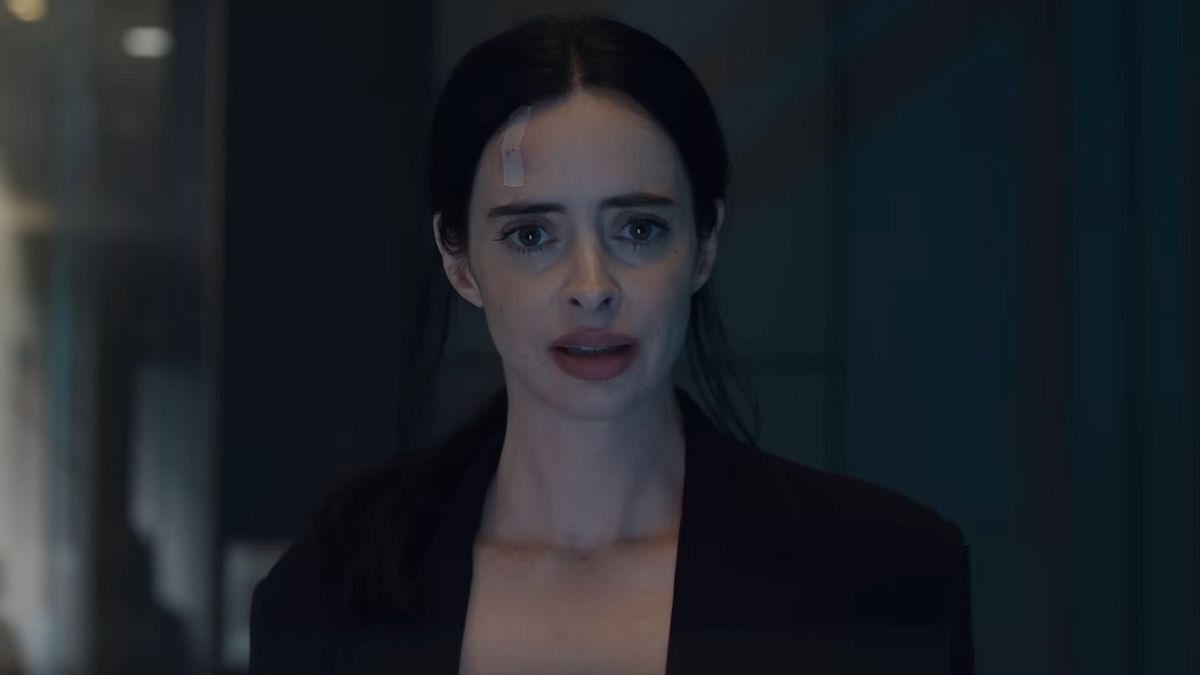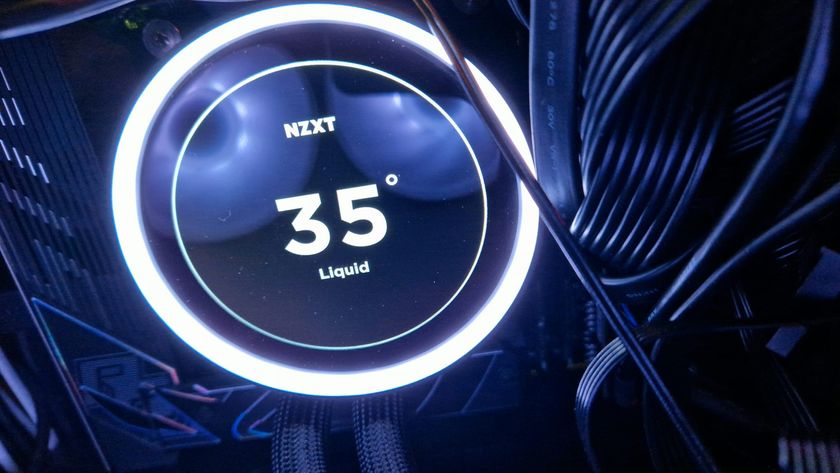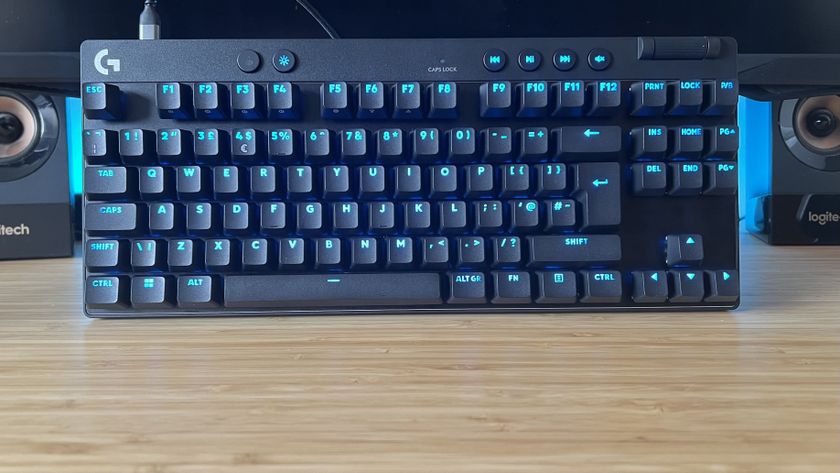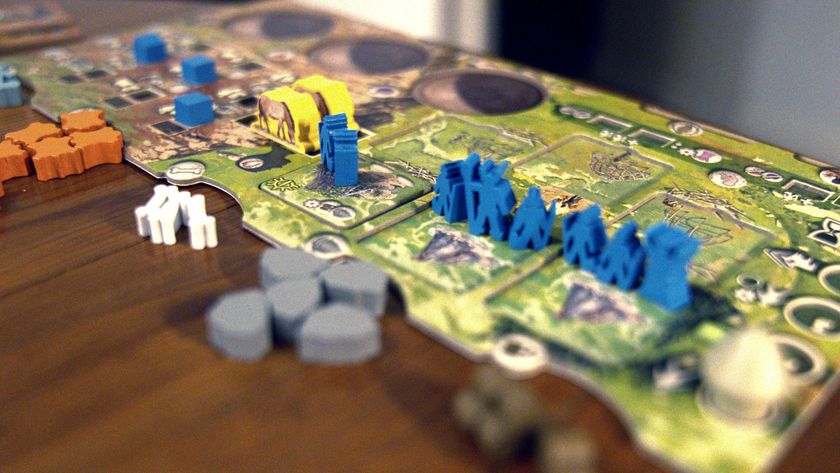12DOVE Verdict
Orphan Black: Echoes may *look* like the sci-fi hit it's based on thanks to its similar tone, score, and visuals, but it lacks the depth of the original, proving its likeness is only skin-deep.
Why you can trust 12DOVE
Orphan Black: Echoes may look an awfully lot like its namesake, with those trippy opening titles, that immediately identifiable score, largely female-led cast, and the fringe science-based mystery at its center. But its similarities, it turns out, are merely skin-deep.
Just like how Felix Dawkins (a returning, suddenly posh-sounding Jordan Gavaris) says to his grown niece Kira (Keeley Hawes) as they walk into a neon-lit nightclub in an early episode of the spin-off: "It's like Neolution, but without all the tails". In other words, a watered-down version of its weird and wonderful original.
A sequel to the AMC hit, which catapulted She-Hulk's Tatiana Maslany into the limelight, Echoes was created by Fear the Walking Dead's Anna Fishko and kicks off in a similar-ish way to its predecessor – though if the Clone Club is, well, looking for some serious clone action, they'll be disappointed. (It seems worth highlighting here that we were only sent 5 of the 10 episodes to review). It opens with Ritter's character, who later goes by Lucy, waking up in a random room, unable to remember who she is. Kira, Sarah Manning's now-adult sprog who apparently grew up to be more like her Auntie Cosima, reassures her everything's fine but "Lucy" is seriously suspicious – and unsurprisingly, she's got a reason to be. After a short while, she manages to break out of the room, which is revealed to be a set on a huge soundstage, and splits. Almost a year later, the organization that put her there catches up with her, threatening the precious life she's built with Jack (Avan Jogia) and his deaf daughter, Charlie (Zariella Langford).
In her attempt to get the shady labcoats off her back, Lucy finds herself on a journey of self discovery. Unraveling who she is alongside Jules (Amanda Fix), a much younger "printout", and learning the twisted truth about how she came to be.
Phar(ma) from perfect

Ritter gives it her best shot, exhibiting the same kind of tenacity she imbued Jessica Jones with in Netflix's Marvel series, but selling audiences on a character who is so much of a blank slate would be a challenge for most actors, and it's hard as a viewer to really connect with Lucy. In Orphan Black, the clones – Sarah, Cosima, Alison, Helena, and more – were so distinct, and had so much personality, you had to remind yourself constantly that they were played by the same person – and most importantly, there'd be at least one you'd grow fond of or connect to. Stories that follow amnesiac characters aren't exactly unheard of – just look at The Bourne Identity – but it's clear the plot surrounding Lucy needed to be more engaging. Fix fares better, but to suggest Maslany is missed would be an understatement.
That said, it is fresh and interesting to follow "clones" at different stages of their lives, opening the series up to appeal to teens and adults alike. Echoes is a bit of a Trojan horse, though, in that it's not really Lucy and Jules' story, it's Kira's, highlighted by the flashback-heavy bottle episode 5. We won't go into spoilers here, but essentially, it spells out Kira's almost Frankenstein-esque involvement in the creation of Lucy, and why she was driven to such "crazy science".
It proves a bit of a bitter pill to swallow for longtime fans of the franchise, given her mother's difficult history with cloning – and how much it clearly bothered here, too. Essentially, Echoes boldly asks us to sympathize with those who would've essentially been the villains in the original series, and it's a near-impossible order.
Where Orphan Black raised questions of freewill, nature vs nurture, and bodily autonomy, the spin-off seems obsessed with memory; what it means to have them, lose them, preserve them at any cost. It touches on the devastating effects of Alzheimer's, too, only a little too literally, and lightly perhaps? For a show set further into the future (much of the story takes place in 2050), it feels frustratingly less imaginative than the original.
It's also just… not very fun? A huge part of the appeal of the original was seeing all of the sestras share scenes. While Lucy and Jules are copies of another person, they never interact with any doppelgängers, at least in those first five episodes anyway, which robs the spin-off of some connective tissue.
Method in the mystery
Why you can trust 12DOVE
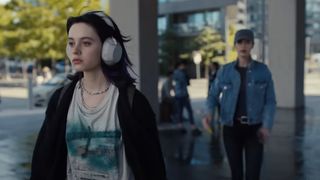
It's hard not to get invested in a mystery show, however, and Echoes takes full advantage of that. It's much slower-paced than its predecessor, which helps counterbalance the fact that we're seeing the central conspiracy from both sides this time around. Those opening couple of episodes are a bit of a slog, admittedly, but things pick up significantly in four and five, and you'll find yourself wanting to ride it out to its conclusion just to find out what's really going on. In that sense, it's very much an Orphan Black joint.
The same can be said for its representation. Part of why the original, which ran from 2013 to 2017, earned such a passionate fanbase is due to its queerness – much like other Canadian sci-fi productions Lost Girl and Wynonna Earp. While it'd be giving away too much to go into details, Echoes is, at its core, a heartbreaking, albeit morally murky, lesbian love story, which is sure to satiate diehard Cophine lovers.
As pointed out above, this review is only of episodes one to five and when it comes to a mystery show, it's all about the pay-off, so there's every chance Echoes' season 1 ending could make up for its lackluster start and bowl us over. The first half, truthfully, feels like a printout that looked good in theory, but the machine ran out of ink. We're keen to see whether its cartridge gets replaced in the second, and its superficial resemblance to its predecessors enhances.
Orphan Black: Echoes releases on May 16 in the UK, with all episodes landing simultaneously on ITVX. For more, check out our list of the best new TV shows heading our way.
I am an Entertainment Writer here at 12DOVE, covering all things TV and film across our Total Film and SFX sections. Elsewhere, my words have been published by the likes of Digital Spy, SciFiNow, PinkNews, FANDOM, Radio Times, and Total Film magazine.
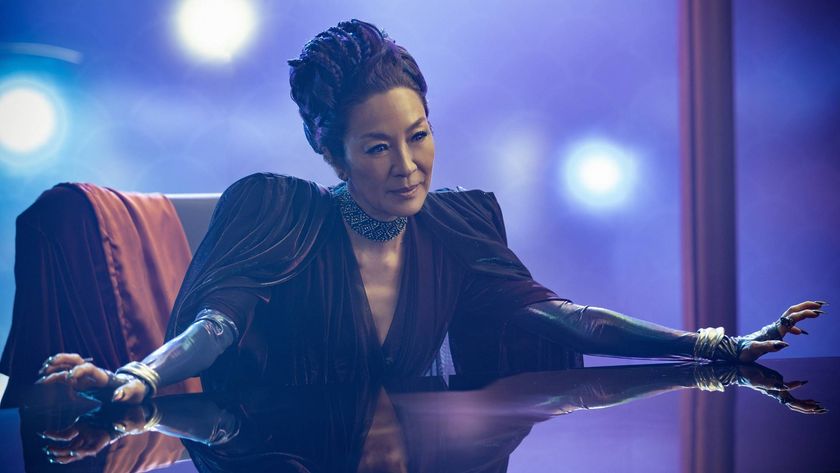
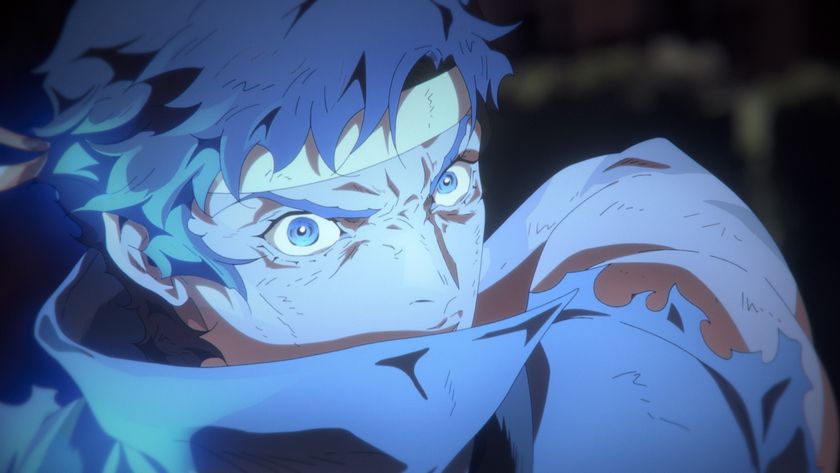
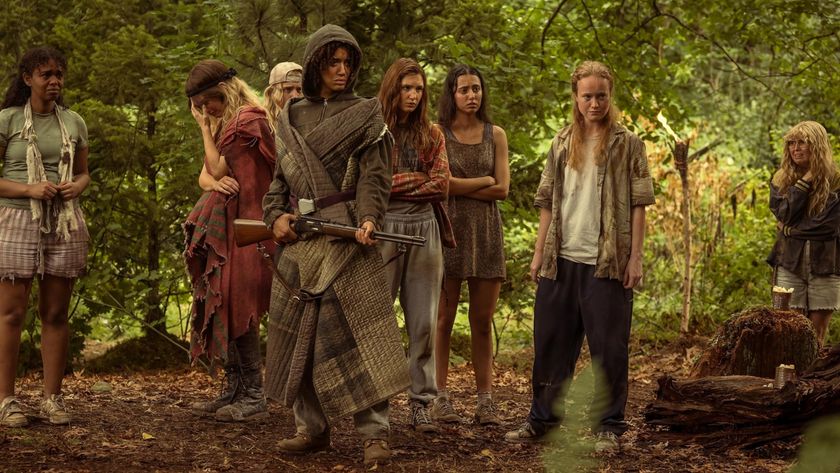
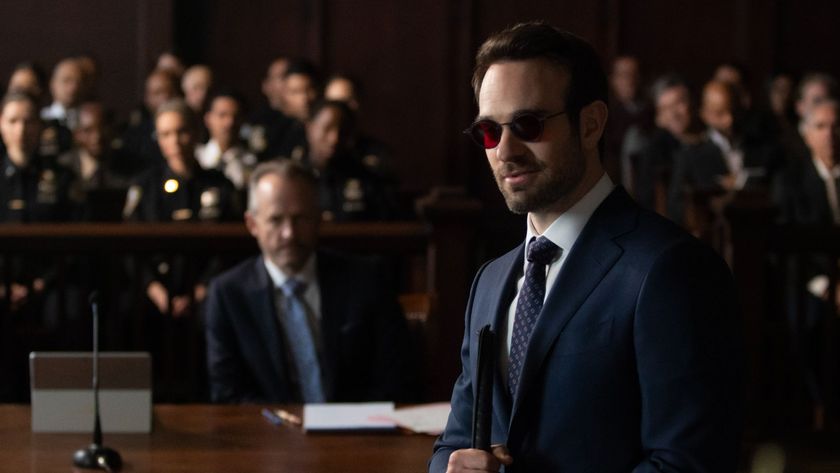
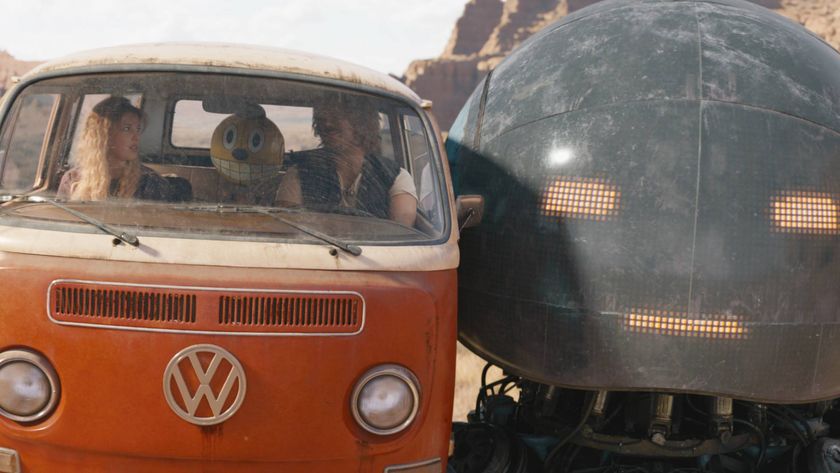
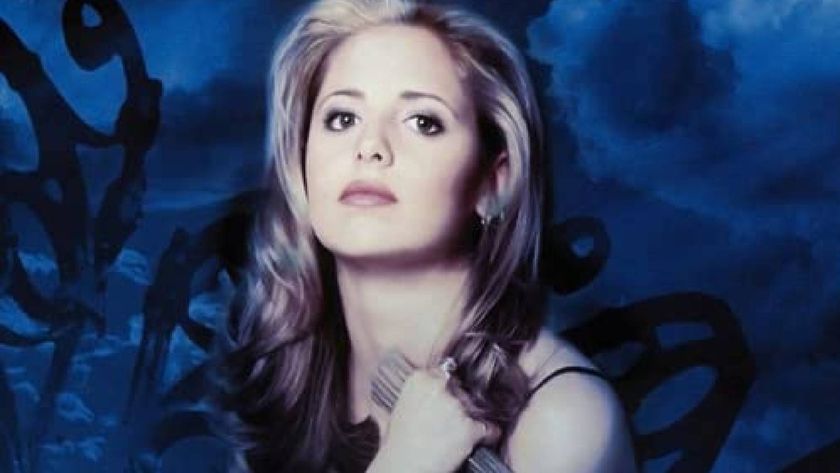
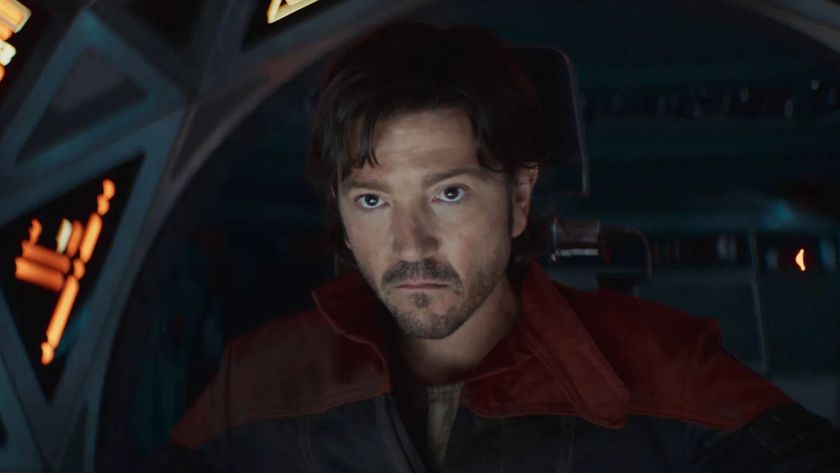
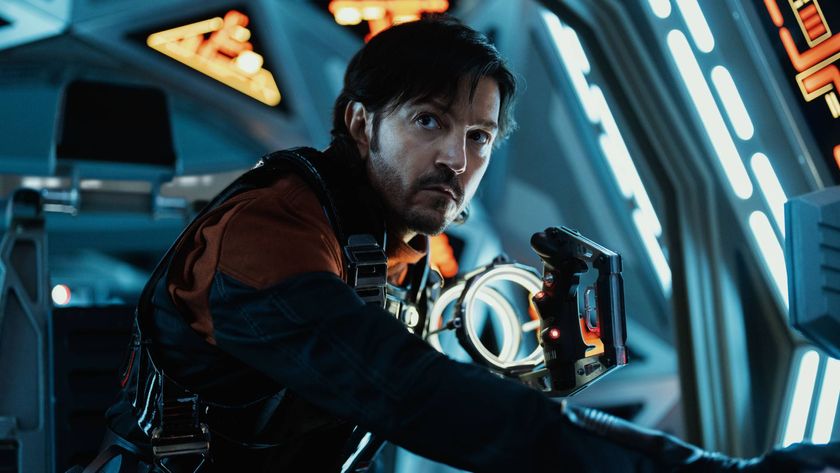
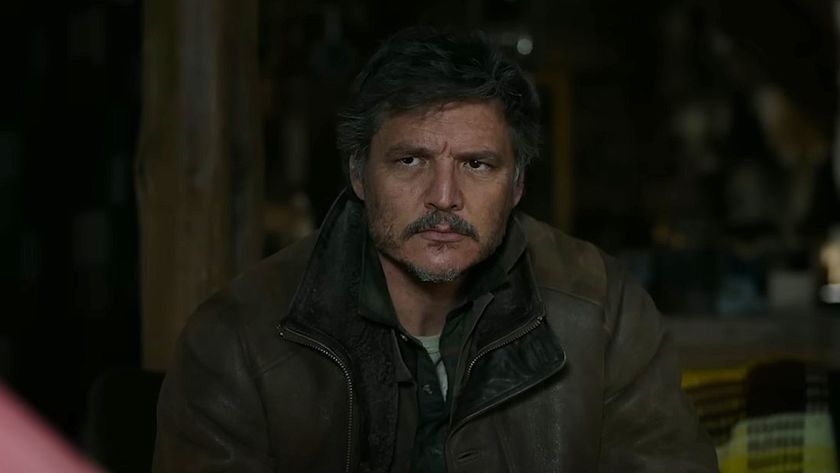

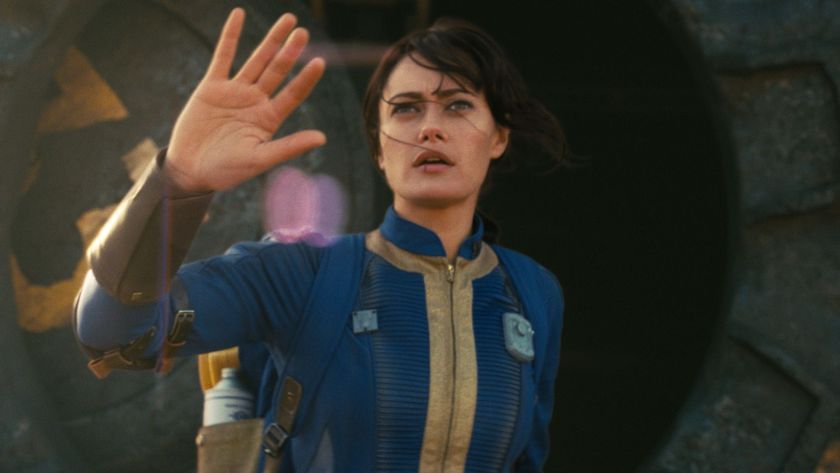
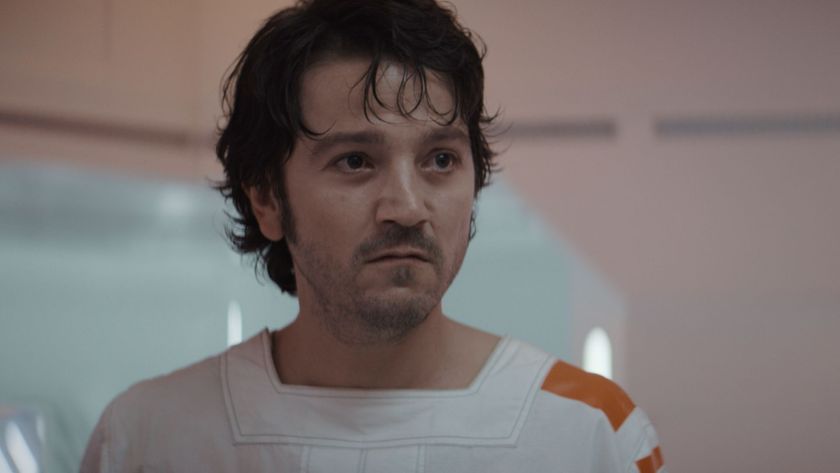
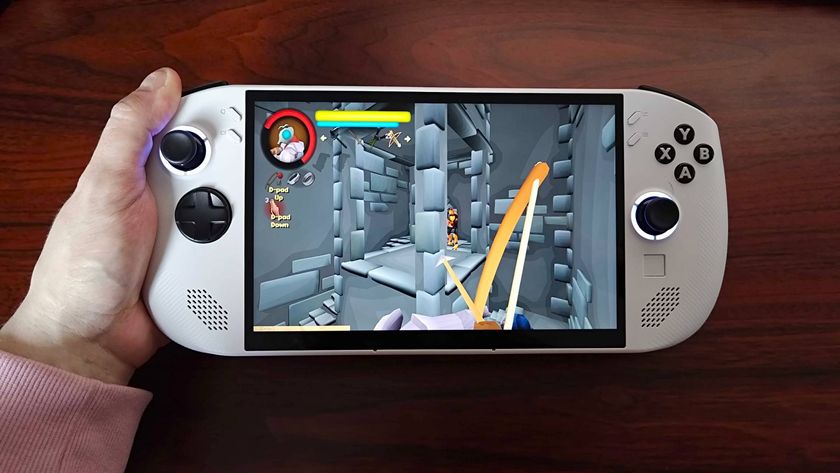
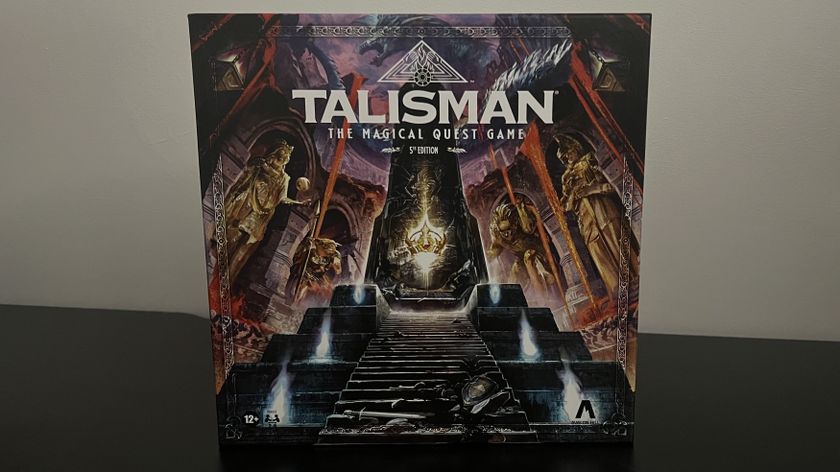
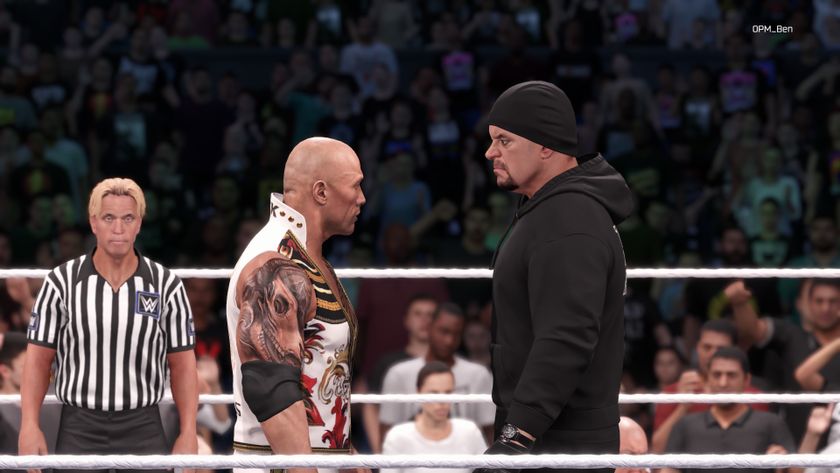
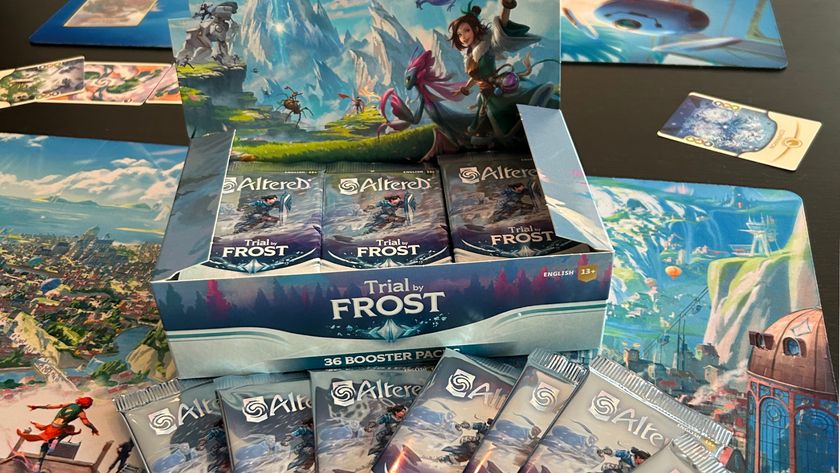
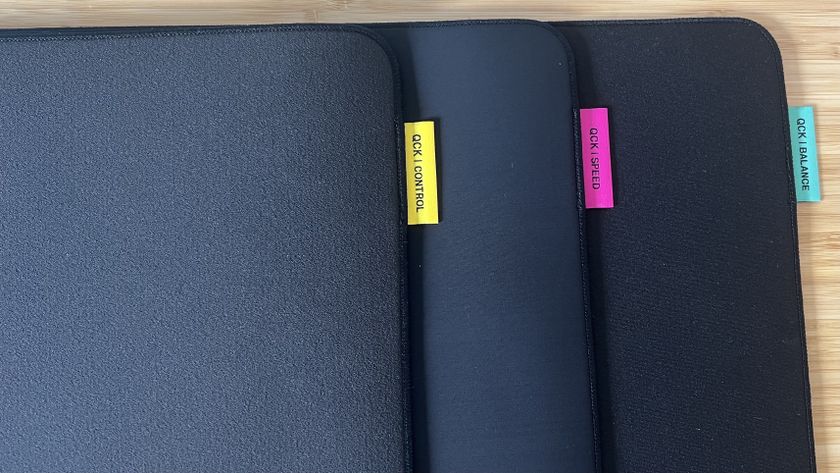
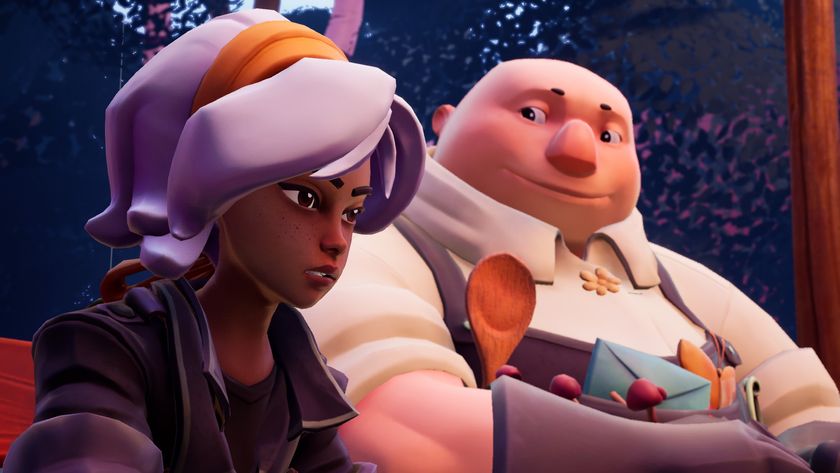
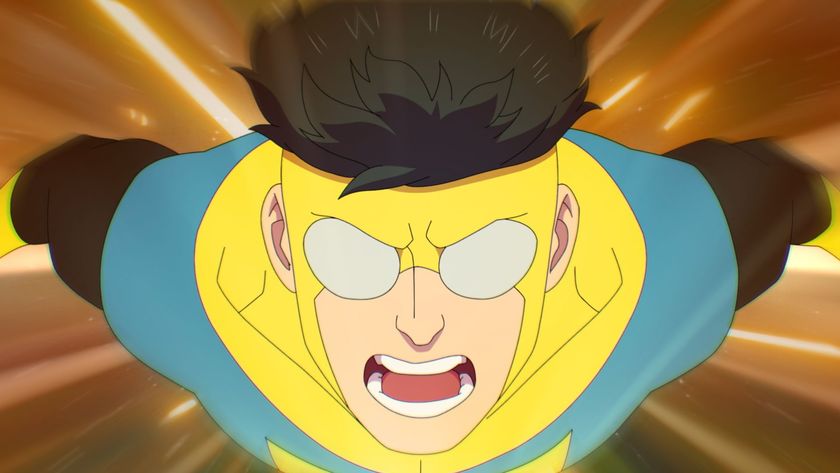
Invincible season 4 release date speculation, story, cast, and more
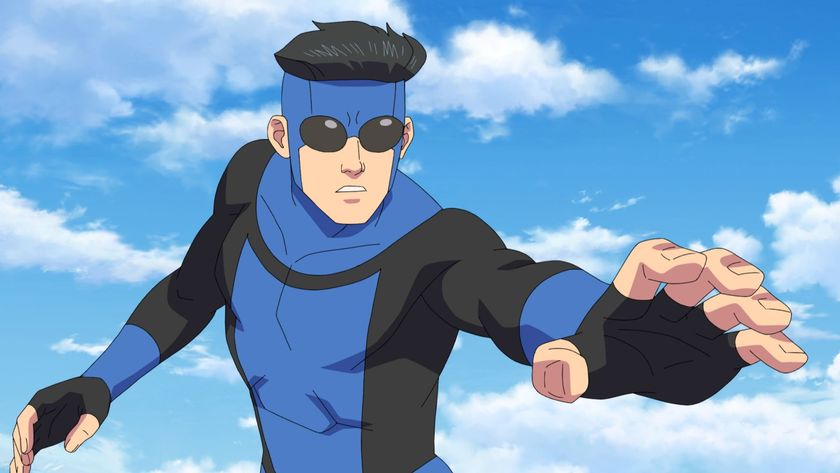
Invincible season 3 ending explained: who dies, Eve's new powers, and Conquest's fate
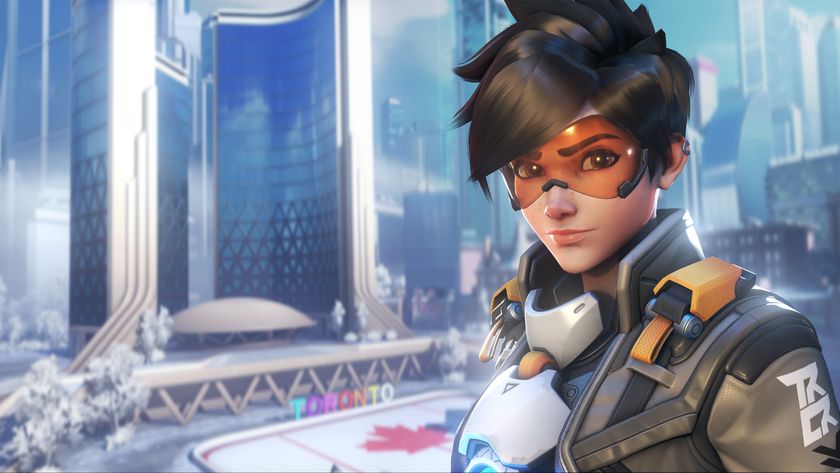
My hopes for an Overwatch anime or Diablo horror movie are going strong as Blizzard president points out "we are Blizzard Entertainment, and not simply Blizzard Games"
